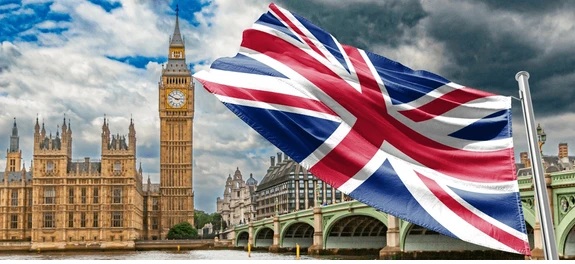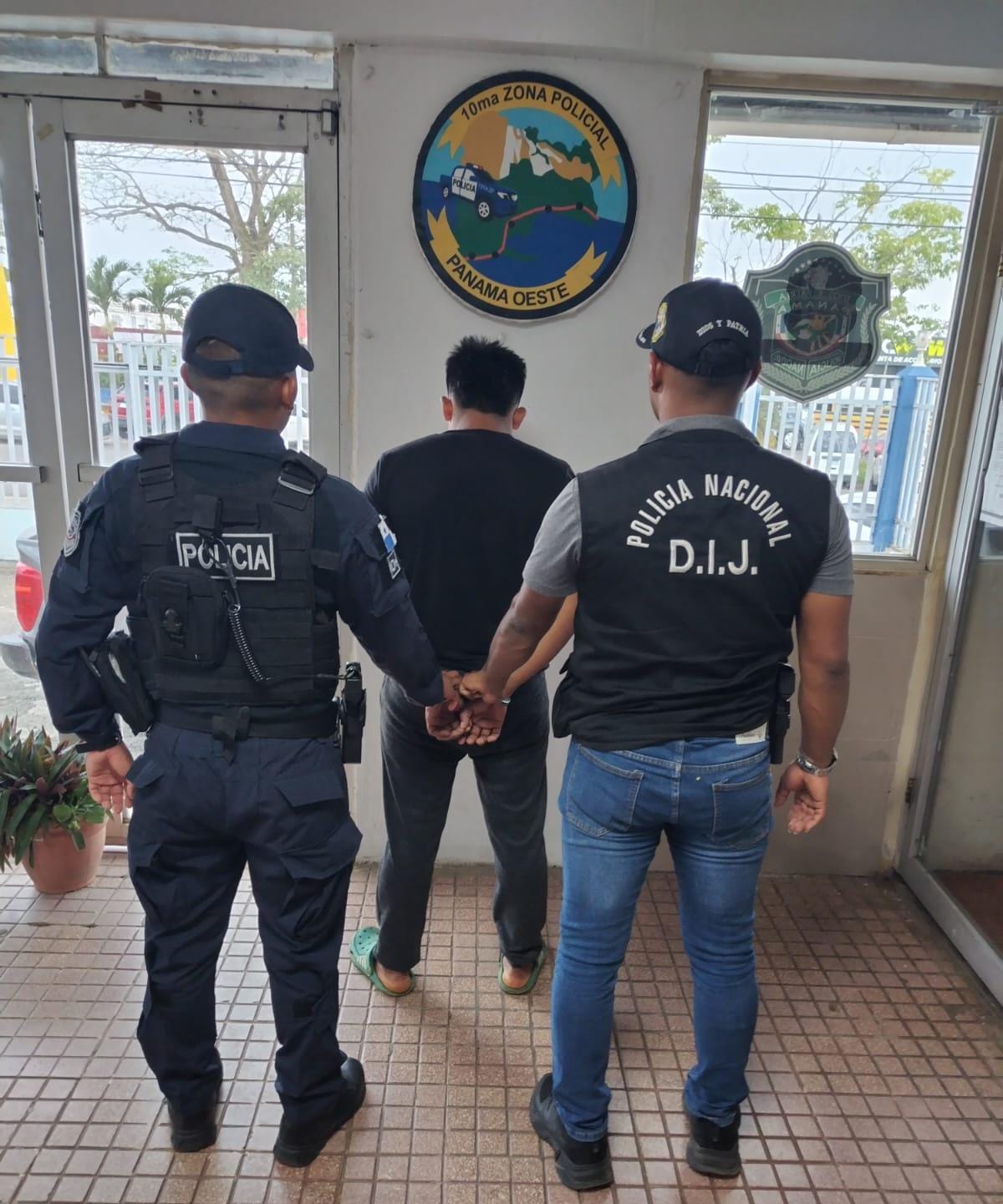Memorial graffiti are cultural artistic works – lawyer

THE MURALS of the cultural movement The Kolectivo are artistic works that will not stain walls or cause damage to buildings or public works, and are an initiative seeking to pay tribute to the martyrs of January 9, 1964.
The words come from a constitutional guarantee protection filed Dec. 16 by Kolectivo attorney Felix Wing.
On November 17 members of the group painted on a wall adjoining the new pedestrian and vehicular Bridge on Avenida des los Martires, as a tribute to the fallen of January 9 when tudents were shot and killed in confrontation with US military personnel after raising a Panamanian flag over a school in the Canal Zone.
The event eventually led to the signing of an agreement for the handover of the Canal to Panama at the turn of the century.
However, by order of the Minister of Public Works, Jamie Ford, the artwork was erased twice.
In a third attempt on December 7 the National Police prevented the painting.
Wing argued in the legal action that "far from threatening the honor of the people or public policy and culture it exalts the memory of those who died in the struggle for the full sovereignty of our country."
The injunction also warns that the censorship ordered by Minister Ford to prevent the painting of the walls “seriously jeopardizes human rights, freedom of expression and participation of the culture."
Ford justified his decision in a reply given on December 6to Lucy Chau , a member of The Kolectivo .
“The measure is covered by the functions assigned by law to the Ministry," Ford said.
The Kolectivo believes that the Ford ban violates Articles 4, 17, 18, 32 , 37 and 80 of the Constitution and the American Convention on Human Rights.





